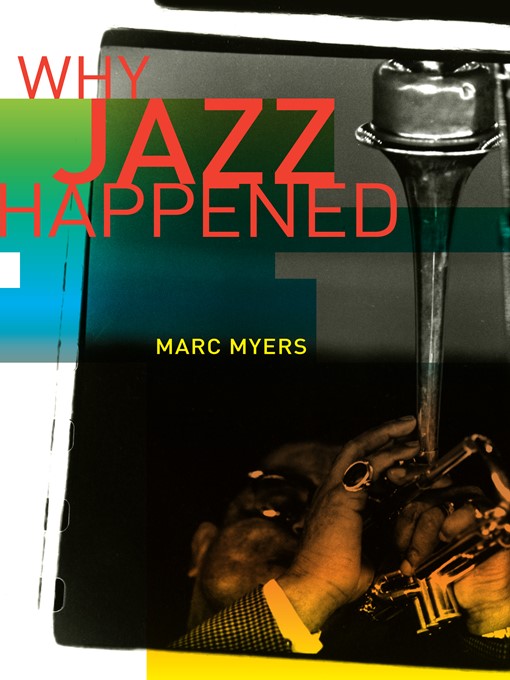
Why Jazz Happened
کتاب های مرتبط
- اطلاعات
- نقد و بررسی
- دیدگاه کاربران
نقد و بررسی

October 15, 2012
On February 26, 1917, a group of musicians calling themselves the Original Dixieland Jass Band assembled in the studio of the Victor Talking Machine Company, played two songs into a long metal horn that served as a microphone, and a few weeks later made history by releasing the first 78-rpm recording of jazz. In this energetic and captivating tale, Wall Street Journal music contributor Myers enthusiastically chronicles the many social, political, legal, and monetary forces outside of music that shaped the evolution of jazz. With impeccable timing, Myers provides a steady backbeat of stories of the development of music from bebop, jazz-classical, and West Coast jazz, to spiritual jazz, jazz-pop, and jazz-rock fusion. While jazz could never have developed without the brilliant musicians whose stories he narrates—from Louis Armstrong and Dizzy Gillespie to Miles Davis and Herbie Hancock—the rise of electronic instruments, the civil rights movement, the advent of musicians’ unions, and new recording technologies catapulted the musical form and its players squarely into the evolving history of American music. In the 1950s, as they discovered that more music was needed to fill the longer format of albums, hard bop musicians began licensing their compositions through BMI, making available a greater percentage of original work on these albums. Myers’s first-rate social history, like a great jazz recording, pulls us into its complex rhythms and harmonies, casting its mesmerizing spell.

November 1, 2012
This accessible history of jazz by frequent Wall Street Journal writer and blogger Myers focuses on the years 194272, when that music emerged from its beginnings into a period of ferment, from bebop to fusion. It is not necessarily for the musically sophisticated but rather for the layperson interested in the midcentury development of jazz, and Myers' critical contribution is in the why of his title (which might have profited from a subtitle). Though utilizing interviews, Myers relies primarily on secondary sources; as a result, he offers little new in the way of detail or musicology, but he supplements the voluminous jazz literature by cogently analyzing the business and cultural contextstechnological (radio and jukebox, LP and 45 rpm records, electronics) and social (the GI Bill, suburbanization, the civil rights movement)that enabled the growth of jazz in mid-twentieth-century America.(Reprinted with permission of Booklist, copyright 2012, American Library Association.)

























دیدگاه کاربران